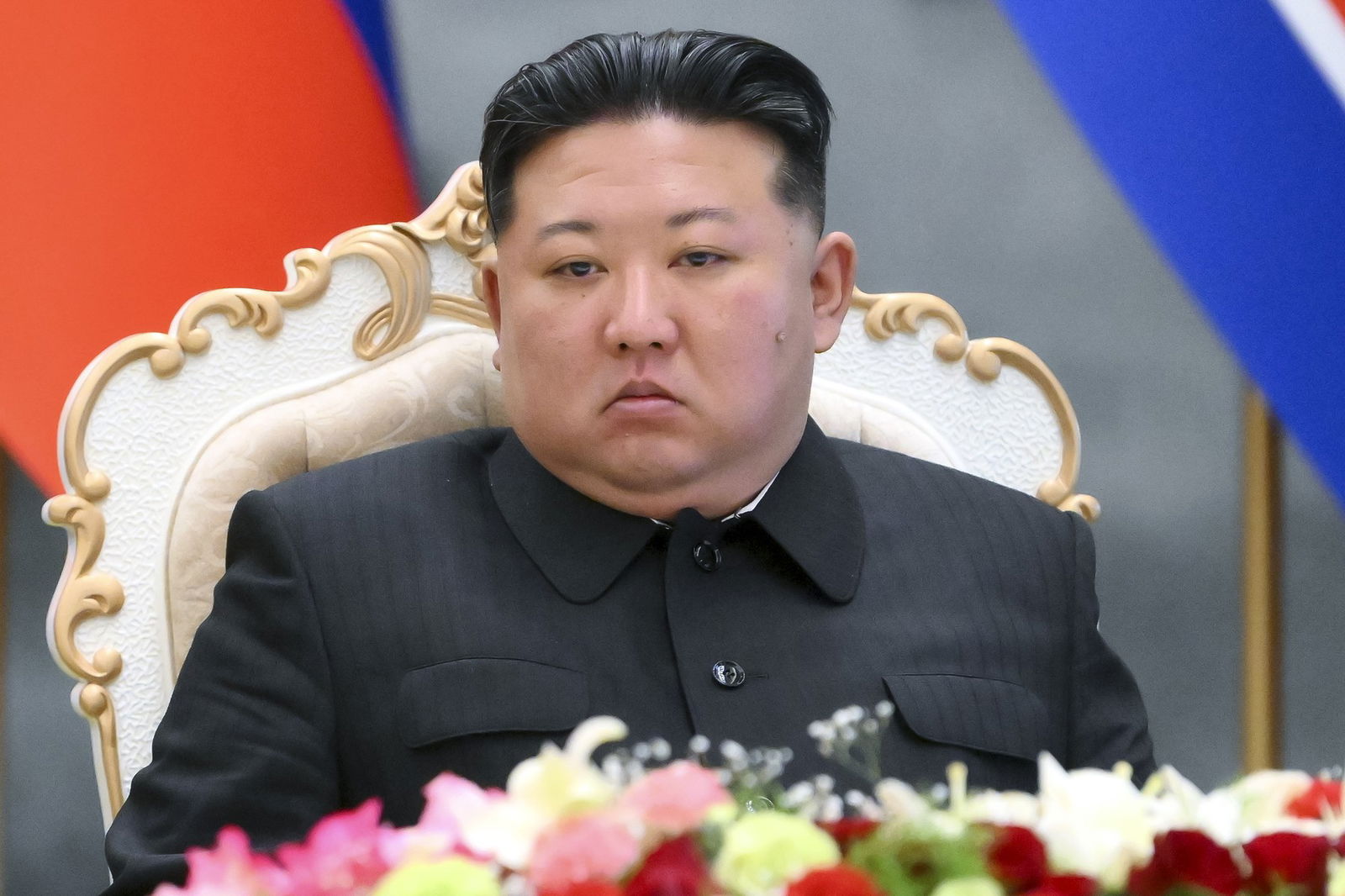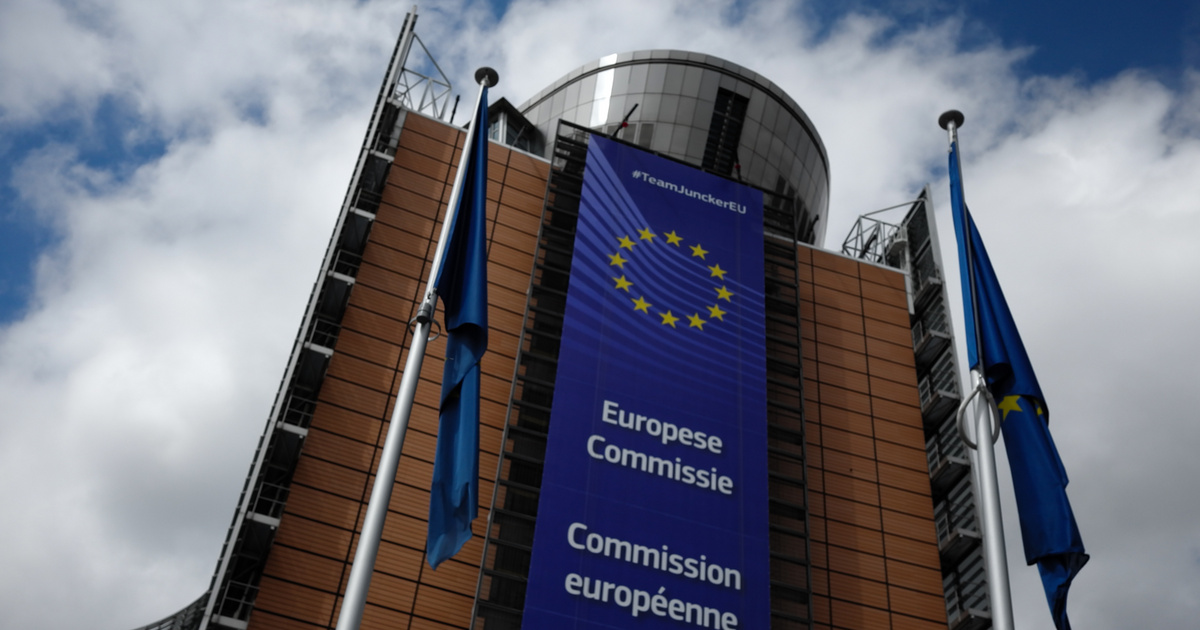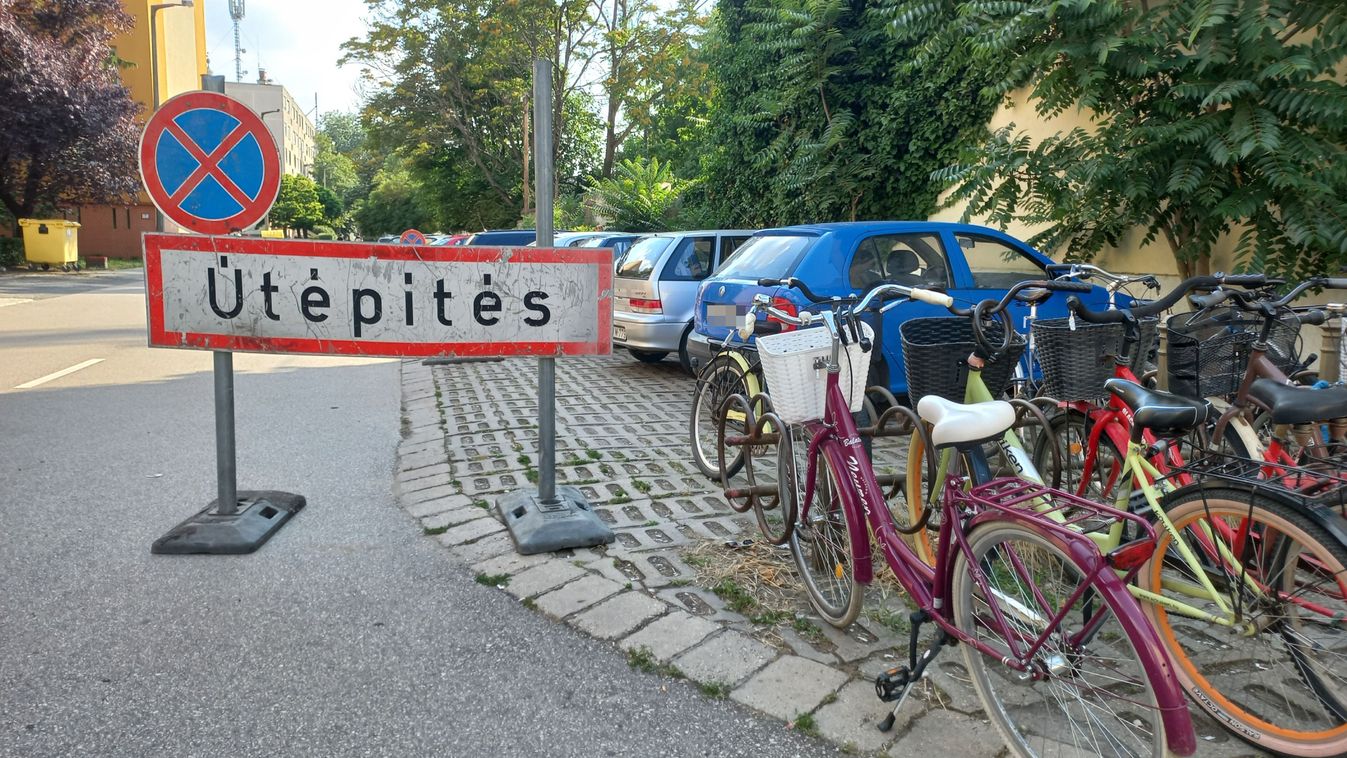Gentiloni stressed that instead of national positions, bridges should be built and solutions that serve common interests should be sought. The debate over reform has been divided between countries like Germany that want less flexibility and countries that fear that rapid deleveraging will hurt economic growth.
The Stability and Growth Pact, which places limits on budget deficits and debt, was suspended during the Covid-19 pandemic and then extended until the end of this year due to the situation in Ukraine. Thus, the condition limiting the budget deficit to GDP3 and state debt to 60 percent does not apply. As Europe grapples with rising inflation and tight monetary policy, governments face the challenge of reducing debt while also addressing spending needs, according to the German-led coalition.
In April, the European Commission proposed reforms to fiscal rules, but Germany and its allies are calling for major adjustments to ensure countries with high deficits reduce them. Finance ministers from 11 countries — including Germany, Denmark, Austria and the Baltic states — have urged credible, transparent, measurable and binding budget rules.
While some countries believe the proposed reforms have already moved in Germany’s direction, others call for a balance between sound public finances and investments in defense and climate change. They warn against the reintroduction of automatic and uniform rules that could stifle growth, investment and innovation.
Italy, for example, wants green energy spending to be accounted for separately when calculating debt. Several ministers have expressed their desire to reach an agreement by the end of the year, and the ongoing discussions are constructive. The different positions highlight the challenge of reaching a consensus on reforming the EU’s debt rules.
Cover image: Getty Images.












































